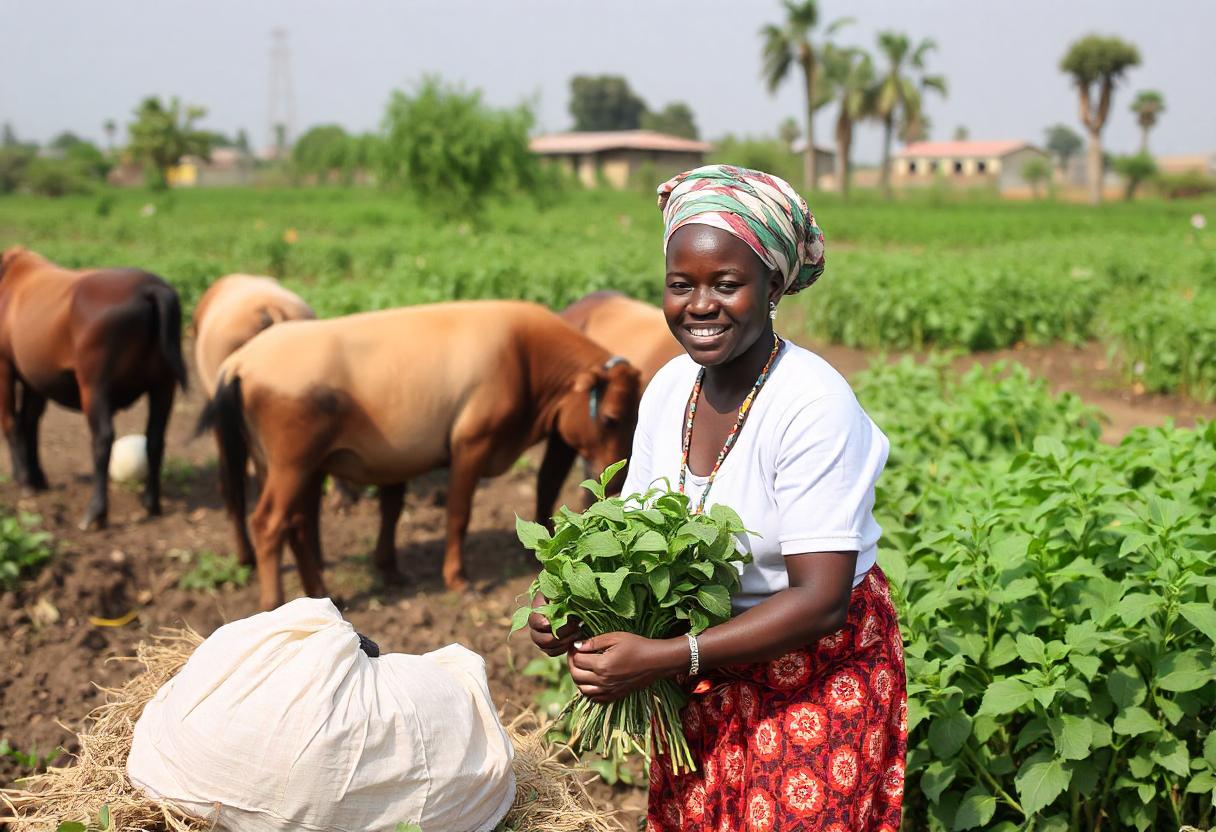
Agriculture is a fundamental sector of most economies, especially in developing nations, where it plays a critical role in livelihoods, food security, and employment. However, gender inequality remains a persistent issue within the agricultural sector, affecting women’s access to resources, decision-making opportunities, and overall economic empowerment.
Women’s Role in Agriculture
Women are vital contributors to agricultural production worldwide. In many rural areas, they are responsible for various farming activities, including planting, weeding, harvesting, and post-harvest management. In some regions, women also play a critical role in raising livestock and processing agricultural products. Despite their substantial contribution, women often lack recognition and equal opportunities within the sector.
Gender Disparities in Access to Resources
One of the major challenges facing women in agriculture is unequal access to essential resources, such as land, credit, technology, and training. In many countries, land ownership laws and cultural practices prevent women from owning or inheriting land. This limits their ability to make independent decisions, invest in improved farming techniques, or secure loans to grow their operations. Access to credit and financial services is also restricted for women, as they often lack the necessary collateral or documentation required by financial institutions.
Barriers to Agricultural Training and Technology
Access to agricultural training and technology is another area where gender disparities persist. Agricultural extension services, which are crucial for sharing information about new farming techniques and innovations, are often tailored to the needs of male farmers. As a result, women farmers are less likely to benefit from these services, limiting their ability to improve productivity and adapt to changing environmental conditions.
Gender and Decision-Making in Agriculture
Decision-making in agriculture is often dominated by men, particularly in male-headed households or community structures. Women’s voices are frequently excluded from discussions about resource allocation, farm management, and agricultural policies. This lack of representation can result in policies and programs that fail to address the specific needs and challenges faced by women farmers, further entrenching inequality in the sector.
The Economic Impact of Gender Inequality in Agriculture
Gender inequality in agriculture has far-reaching economic implications. Studies have shown that if women had the same access to resources as men, agricultural productivity could increase by up to 30%. This would not only improve food security but also contribute to poverty reduction and overall economic growth. Closing the gender gap in agriculture is, therefore, not only a matter of social justice but also an economic imperative.
Gender-Responsive Agricultural Policies
In recent years, there has been growing recognition of the need for gender-responsive agricultural policies that address the unique challenges faced by women farmers. These policies aim to promote equal access to land, credit, and technology, as well as ensure that women are included in decision-making processes at all levels. Some countries have implemented legal reforms to support women’s land rights, while others have introduced programs that provide targeted financial and technical support to women farmers.
The Role of Education and Capacity Building
Education and capacity building are essential for empowering women in agriculture. Providing women with the skills and knowledge they need to succeed in farming not only enhances their productivity but also increases their confidence and ability to advocate for their rights. Training programs that focus on leadership, business management, and agricultural innovation can help bridge the gender gap in the sector.
Sustainable Agriculture and Gender Equality
The push toward sustainable agriculture offers a unique opportunity to advance gender equality. As more attention is given to environmental sustainability, there is a growing recognition that women are often stewards of natural resources. Empowering women to take leadership roles in sustainable farming practices, such as agroforestry, organic farming, and water conservation, can contribute to more equitable and resilient agricultural systems.